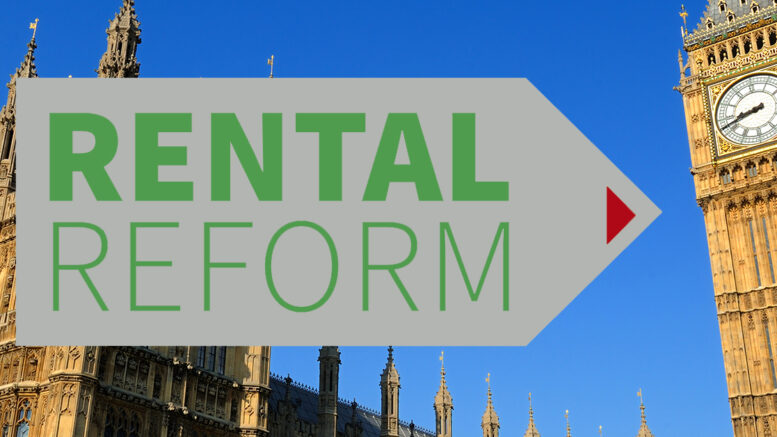The Renters’ Rights Bill officially entered committee stage in the House of Lords on Tuesday 22 April, marking a significant step in the government’s proposed reform of the private rental sector in England. The controversial legislation, which aims to reshape tenancy law and expand tenant protections, is already prompting concerns from letting industry experts and landlord groups.
The Bill proposes sweeping changes, including the abolition of assured shorthold tenancies and the introduction of indefinite periodic tenancies. But critics warn that, while designed to support renters, the law could backfire – harming both tenants and landlords in the process.
Amendments raise alarms over unintended consequences
The committee stage will unfold over at least four scheduled days-22 and 24 April, 28 April, and 6 May-allowing peers to propose and debate changes to the draft legislation. Among the proposed amendments are provisions for two-month notice periods, fixed tenancies for students, and voluntary extension agreements.
Oli Sherlock, managing director at Goodlord, sounded the alarm on the potential fallout for renters themselves. “This Bill is ostensibly an attempt to make life easier and more secure for ordinary renters,” he explained. “However, with concerns mounting over the impact these changes could have on tenants, significant questions remain about the potential harm this legislation could do to the very people it’s intended to protect.”
Sherlock warned that banning bidding wars could lead to landlords pre-emptively hiking asking rents, saying, “With landlords forced to accept no more than the advertised rent, many will understandably be tempted to up their prices from the off.”
Landlords fear loss of flexibility and income
One of the most contentious aspects of the Renters’ Rights Bill is the proposed abolition of Section 21, often called ‘no-fault evictions’. Sherlock cautioned: “There is a real risk that removing this power from landlords may lead to more rental disputes going to court. This could see thousands more tenants receiving County Court Judgements (CCJs) for issues such as rent arrears-damaging their credit scores and potentially restricting their access to properties further down the line.”
The Bill also proposes extending the notice period for rent arrears from two months to three. Sherlock noted that this could do more harm than good: “By the time tenants are in two months’ arrears it is often hard to reverse their position. Adding a further month will inevitably lead to larger personal debt.”
Perhaps most pressing for the landlord community is the looming threat of disincentivisation. “There’s a danger this Bill will be the straw that breaks the camel’s back for many across the sector,” Sherlock said. “If that happens, the supply of affordable housing will be reduced and rents will only increase, further exacerbating the problems faced by tenants.”
Calls for compromise and targeted reform grow louder
Timothy Douglas, head of policy and campaigns at Propertymark, welcomed some of the proposed amendments but warned the government not to ignore landlord needs. “It is positive to see amendments which Propertymark have campaigned on included within the proposed new legislation,” he said, highlighting specific wins such as support for fixed-term student tenancies and a call for improved court capacity.
Douglas emphasised the importance of broader balance: “It remains imperative there is adequate support for landlords to plan and implement all necessary changes, and that all new legislation is kept under full review ensuring it remains relevant, evidence-based and fit for purpose moving forwards.”
He also urged the government to act on proposals that would extend deposit caps for pet-friendly rentals and impose registration rules on short-term lets-measures seen as crucial for creating fairness across the sector.
Will the bill achieve balance or break the system?
With the committee stage of the Renters’ Rights Bill now underway, the stakes have rarely been higher for landlords, letting agents, and tenants alike. While the government pushes for long-term reform, many landlords fear the loss of flexibility and the potential for unintended financial consequences.
As Propertymark, Goodlord, and other industry voices continue to shape the conversation, one question remains: can policymakers find a compromise that protects tenants without alienating the landlords who keep the market afloat? The coming weeks in the Lords will be pivotal-not just for legislation, but for the future of the UK’s rental landscape.








